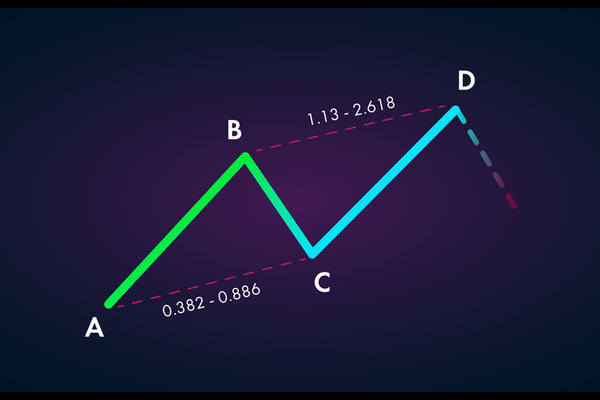The unique nature of gold itself makes it the best choice for currency and
the best object for people to save and maintain value. However, in recent years,
with the widespread application of computers and the emergence of various
products in the international financial market, gold has become increasingly
unable to keep up with the pace of the times. Due to its complex transportation
and storage, high value, and difficulty in dismantling, gold has gradually
withdrawn from the circulation field. But in fact, it is highly developed
electronic technology that has created favorable conditions for the development
of gold commodities. We have launched electronic gold, which involves customers
opening an account on its website, depositing funds, and then purchasing gold.
When money is needed, the purchased items are settled according to the current
gold price. There are already thousands of people opening accounts on its
website.

Electronic gold is a virtual gold product that allows investors to purchase
and trade gold through electronic platforms or exchanges without actually
holding gold. This form of investment is seen as a convenient, flexible, and
efficient way for individual investors to participate in the gold market without
having to bear the risks and storage costs of physical gold.
The working principle of electronic gold is that investors obtain contract
rights related to the price of gold by purchasing electronic gold protocols or
certificates. This means that investors can buy and sell at any time and obtain
investment returns based on market price fluctuations. They can speculate or
arbitrage on gold prices through online trading platforms or brokers.
Electronic gold is usually based on real-time or delayed gold futures
contracts, and its price maintains a certain correlation with the physical gold
market. Investors can choose different electronic gold products based on their
investment goals and risk tolerance, such as gold ETFs (exchange traded funds),
gold securitization products, or gold deposit certificates.
Compared to physical gold, electronic gold has some unique advantages.
Firstly, electronic gold provides high liquidity and flexibility, allowing
investors to buy and sell at any time without being restricted by traditional
gold trading. Secondly, the storage and safekeeping costs of electronic gold are
relatively low, and investors do not need to worry about security issues or
insurance costs. In addition, the trading and delivery process of electronic
gold is relatively simplified, without the need for actual logistics or physical
handover.
Although electronic gold provides many conveniences for investors, there are
also some risks and considerations.
Electronic gold also brings enormous challenges to a country's economic life.
Firstly, the entry of gold into the circulation sector will bring great
opportunities and risks to the gold market, and the price may fluctuate
significantly. Secondly, gold, as a currency that is not controlled by the
government, may also provide convenience for underworld and anti-government
forces. Due to the fact that electronic gold is a digital currency that relies
on the internet, it exists outside the banking system and may become a tool for
"money laundering". Thirdly, it opens a convenient door for tax evasion.
Investors should be familiar with the selected electronic gold product and
understand its trading mechanism, fee structure, and risk factors. Secondly, the
price of electronic gold may be influenced by market liquidity, speculative
sentiment, and financial market fluctuations, which may differ from the price of
physical gold to some extent. Finally, investors should pay attention to the
diversification of their investment portfolio and not invest all their funds in
electronic gold to reduce risks.
Disclaimer: Investment involves risk. The content of this article is not an investment advice and does not constitute any offer or solicitation to offer or recommendation of any investment product.







